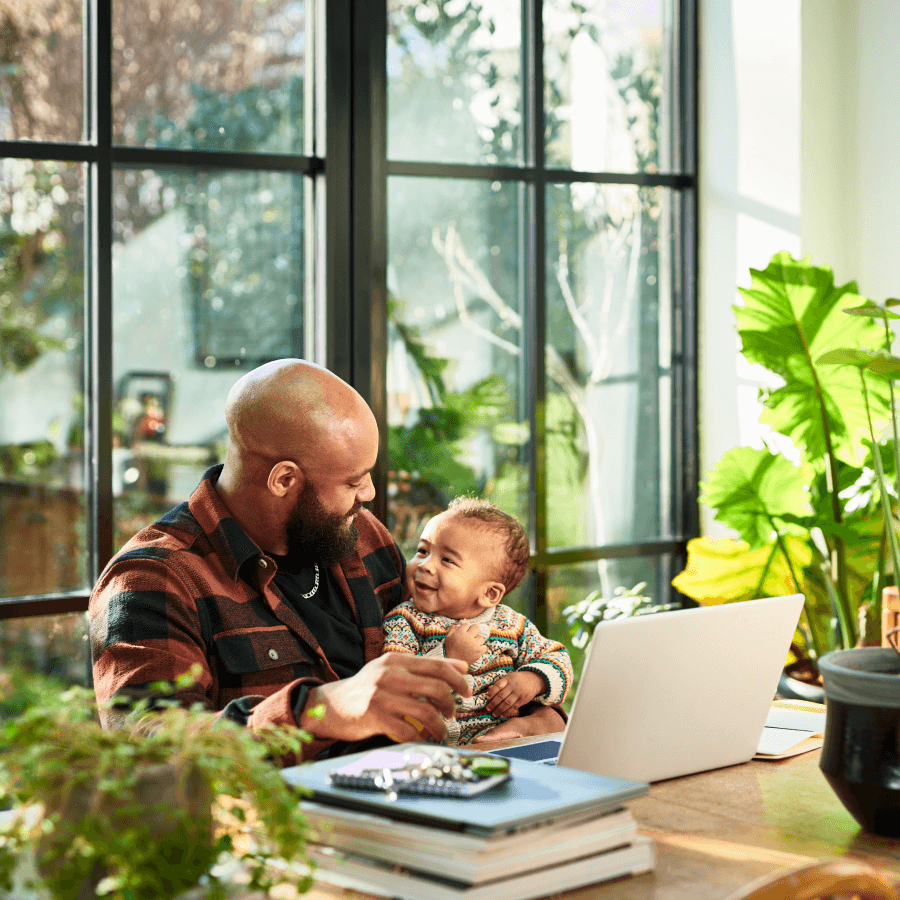[music begins]
A few steps in life are monumental. Buying a home is one of them.
But just because it’s a big decision doesn’t mean it has to be complicated or stressful. We think it’s time for a smarter mortgage experience—one that’s supportive and straightforward.
Our online mortgage application is the first step of a quick and straightforward home buying process.
How does it work?
Our step-by-step experience guides you through your application. Every prompt is personalized to your situation, and technology links to your bank statements and tax forms to keep all of your documents organized in one safe place.
If you have questions along the way, your loan officer is there for real-time assistance and answers.
Taking a quick lunch or break between meetings? Our process is efficient, so you can finish your application quickly and confidently.
And we know you want to keep tabs on where your application stands, so our app tracks your progress all the way to closing.
Whether you’re buying your first home, your next home, or refinancing the home you’re in, you should be focused on enjoying what that home means to you, and leave the legwork to us.
[music ends]
